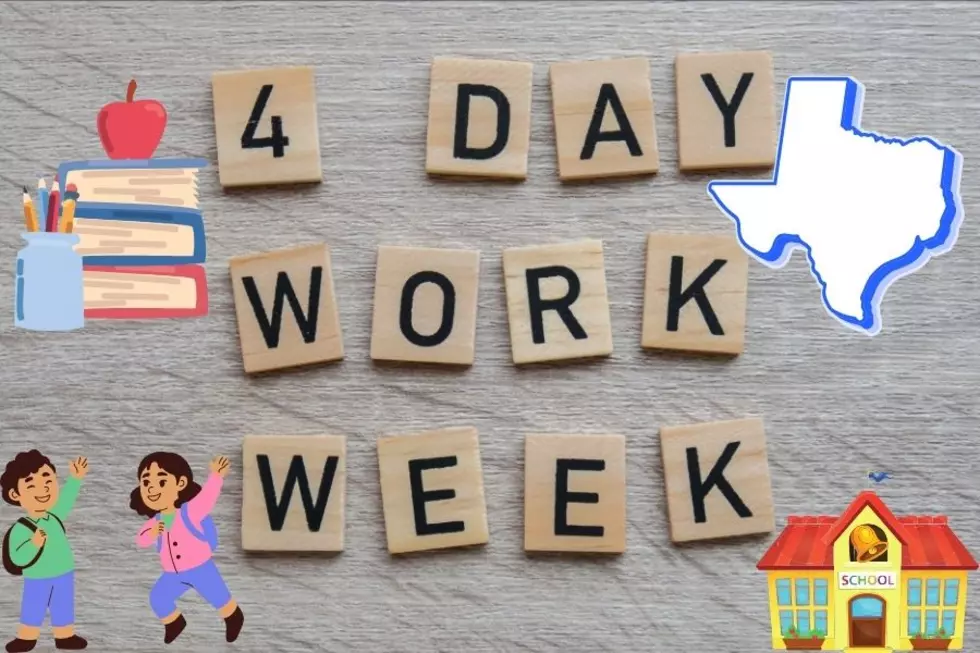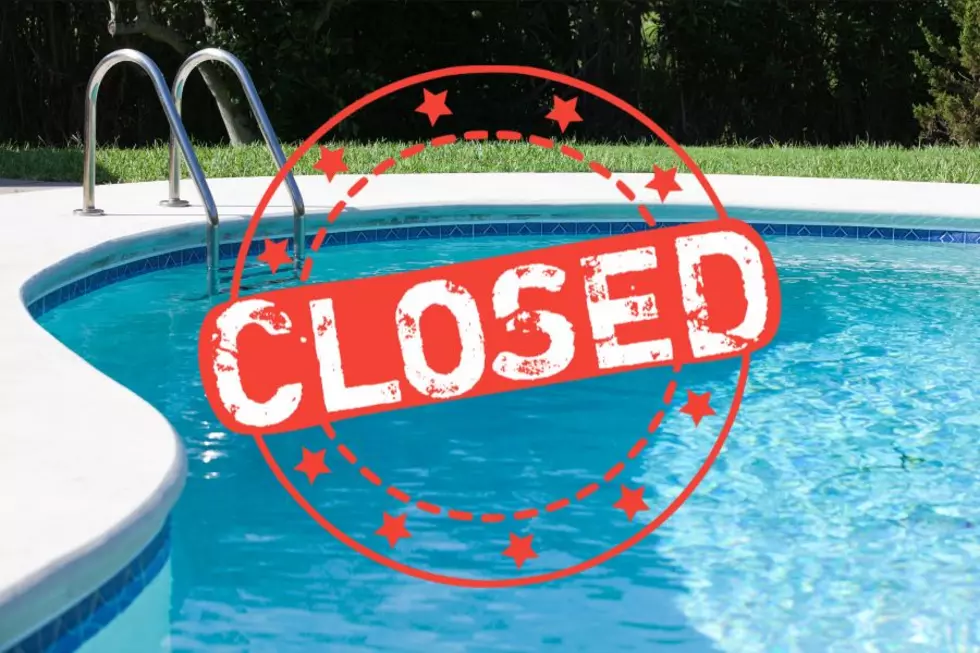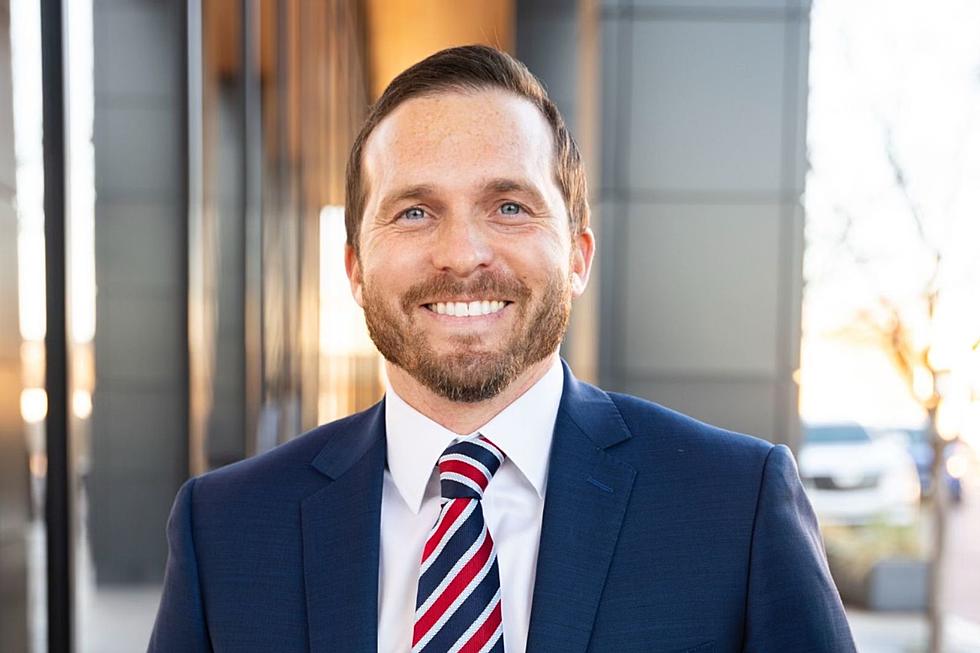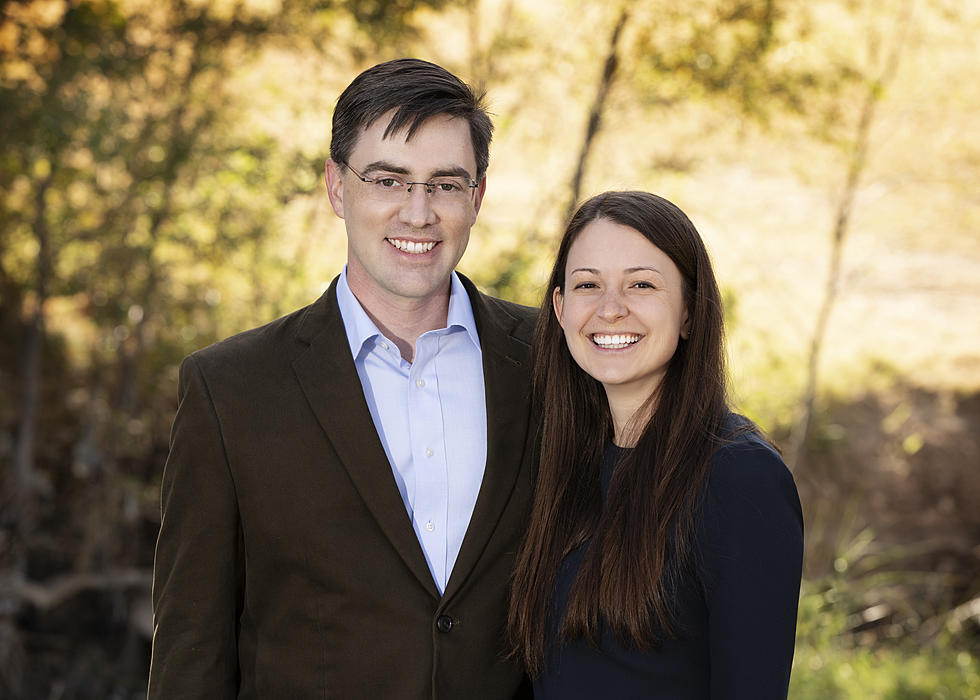
Chad’s Morning Brief: Lubbock City Attorney Confirms a Smoke-Free Ordinance is Being Drafted, Paying Students to go to School, and Other Top Stories
Here is your Morning Brief for the morning of August 14, 2014. Give me your feedback below and tune in to The Chad Hasty Show for these and many more topics from 8:30 to 11am. Remember, you can listen online at KFYO.com or on your iPhone/Android with the radioPup App.
Smoking Ban
The Lubbock AJ is reporting that the Lubbock City Attorney is drafting a smoke-free ordinance for the liberal organization in town known as the West Texas Smoke-Free Coalition. Councilwoman Latrelle Joy asked the City Attorney to draft language for an ordinance. In the piece from the AJ, they point out that the liberal group may not get everything they are demanding.
The Lubbock City Council will meet tonight at 5:15pm and will again hear from big government liberals who support the ban and small government property rights advocates who don't. I encourage anyone who wishes to speak up for freedom and small government to attend the next few council meetings and to have their voice heard.
No one is forced to go into a business that allows smoking. No one is forced to work at a business that allows smoking. People like Matthew Harris who run this liberal organization don't understand that adults in this country are allowed to make adult decisions and sometimes suffer the consequences.
Instead, big government types want to force government into everyone's lives and force businesses to change for no reason other than they believe they know what is best for you. Harris and the West Texas Smoke-Free group look down on people that don't meet their way of life. They believe they are here to save the ignorant people from themselves.
If Lubbock really is this bastion of conservatism, then it is time for the citizens to act like it and stand up to these big government liberals. Tell them enough is enough. Fight for your freedom. Fight for your private property rights and to stop being treated as though you are children who need permission to allow smoking or to have a soda the size of your choosing.
For many of us, this is about more than just being able to have a cigar at a bar. It is about freedom and the constant attack on freedom we see from the left. If a bar wants to allow smoking or not, it should be up to them. If employees don't want to be around smoke, they don't have to. Life is about choices. Let adults make their own.
Paying Kids and Parents for School?
POLITICO has an interesting piece out about Memphis, TN experimenting with paying kids to go to school in order to lift a portion of the community out of poverty.
“I had my first baby when I was 14 years old. You know, that’s kind of the whole story right there,” says Tamica Gordon-Cole, 35, sitting in her gleaming new kitchen table at Cleaborn, speaking above the clamor of the small army of kids who live with her in the four-bedroom rental.
About one of every three families in this river city of 655,000, one of the perennially poorest in the country, lives beneath the poverty line, and thousands more teeter just above it. Figuring out how to pull people like Gordon-Cole out of the permanent underclass has been one of the most vexing challenges the country has faced in the past half century, and it remains unfinished despite the billions spent on the effort. Gordon-Cole’s house is located exactly one mile south of the Lorraine Hotel, where Martin Luther King Jr. was assassinated as he embarked on a never-finished Poor People’s Campaign that was supposed to transform the civil rights movement into a quest for economic equality. Forty-six years later, the marchers are gone, the movement is mostly dormant and the national poverty rate is basically the same as it was when King made his final speech here.
But these are different times, and a new kind of anti-poverty push, less a movement than a technocrat’s dream, is quietly being tested here, a modest experiment that could help redefine a static national conversation about how to deal with intractable poverty of the sort that not only has overwhelmed the old projects like Foote Holmes, but also afflicts even the shiny new places like Cleaborn Pointe. Three years ago, Gordon-Cole was one of 600 people (most of them single mothers) selected for the Memphis Family Rewards Program, a widely watched trial that provides cash incentives to poor parents and their high school-age children for completing tasks that seem, at first glance, absurdly second nature for middle-class families. A student who compiles an acceptable school attendance record gets $40 a month, showing up for an annual dental or medical check-up means a $100 check, grades are monetized ($30 for an A, $20 for B, $10 for a C) and taking a college entrance exam like the ACT gets you a $50 check. Parents are also rewarded: Adults get a $150 monthly bonus, up to $1,800 a year, simply for working full-time.
The rewards system, modeled on similar programs in Mexico, Brazil and Indonesia principally aimed at the rural poor, is one of the few genuinely novel anti-poverty experiments to sprout up in the innovation desert that is post-1996 welfare reform in America. Enthusiasm for the programs, known as “conditional cash transfers” (CCTs), remains high internationally, and has been enthusiastically embraced by the Davos set. In a 2009 report, the World Bank hailed the success of CCTs in Mexico as “powerful proof that well-designed public programs can have significant effects on critical social indicators.”
But paying poor people to perform quotidian tasks is a much harder sell in the up-from-the-bootstraps culture of the United States, and the cash transfers have been ridiculed or, at the very least, greeted with skepticism everywhere they’ve been tried in America. Even supporters admit they’re a bit dubious, as when the caseworkers administering the program in Memphis pointedly asked me why they couldn’t get a little extra cash for being responsible grown-ups. “No joke. I could use an extra $150 a month for showing up at work,” one of them told me. “Do you really think our clients are that much worse off than we are?”
Even in liberal New York, billionaire Mayor Michael Bloomberg—a onetime engineering student who tends to view even the most complex social policy problems as design challenges—was forced to pay millions of dollars of his own money to fund an experiment in cash transfers in 2007 because he knew the city council would balk at using tax dollars. In Memphis, Mayor A.C. Wharton, a Bloomberg ally, has engaged in what amounts to a four-year running battle with his city council to pony up relatively modest sums (less than $1 million a year) to offset the roughly $6 million being invested by Bloomberg’s philanthropy and federal grants.
Paying people to do what they are supposed to be doing in the first place? Give me a break! What do you think about this idea? You can read the entire story by clicking on the link above.
Other Top Stories:
These and many more topics coming up on today’s edition of The Chad Hasty Show. Tune in mornings 8:30-11am on News/Talk 790 KFYO, streaming online at kfyo.com, and now on your iPhone and Android device with the radioPup App. All guest interviews can be heard online in our podcast section after the show at kfyo.com.
More From News/Talk 95.1 & 790 KFYO









